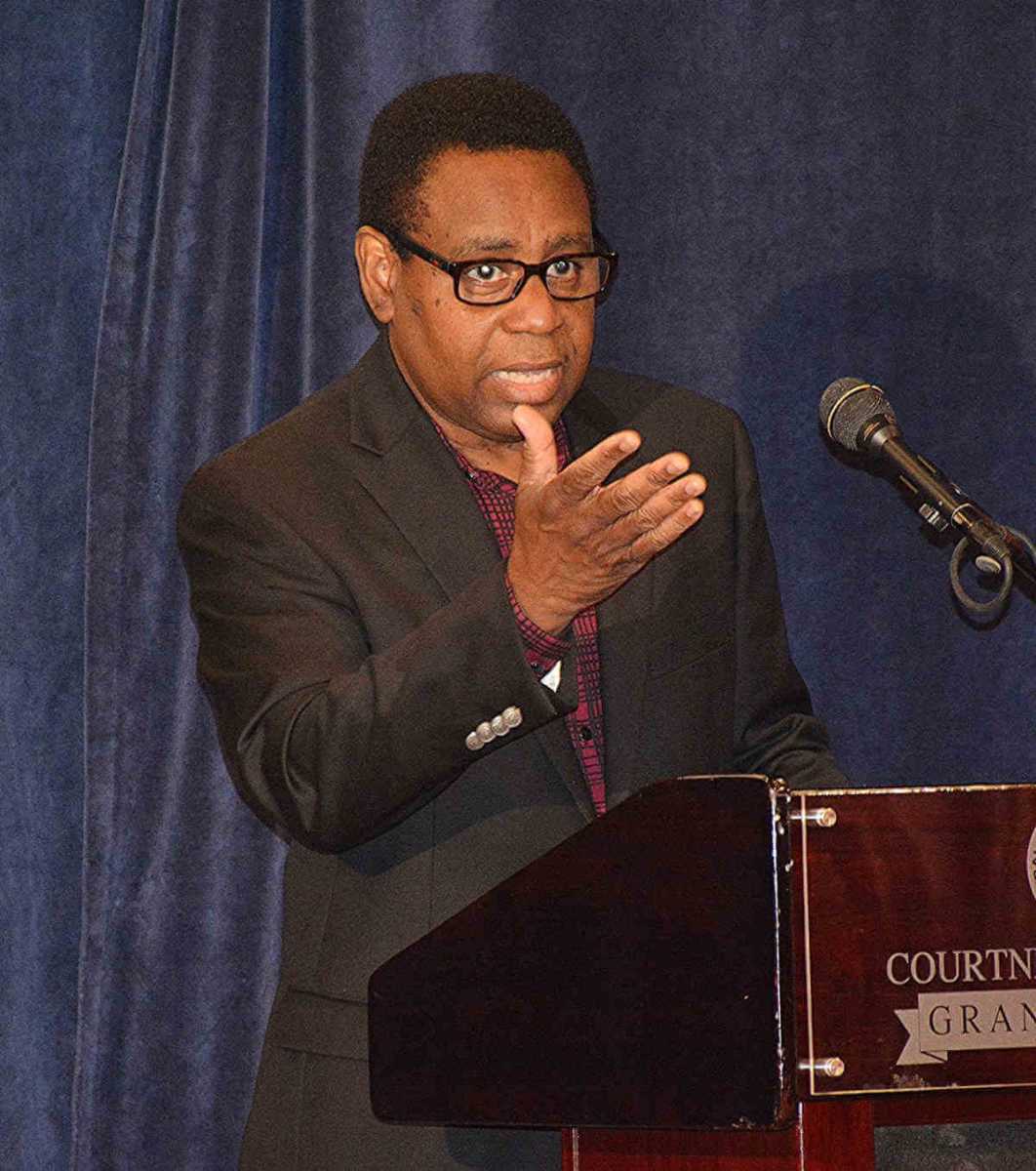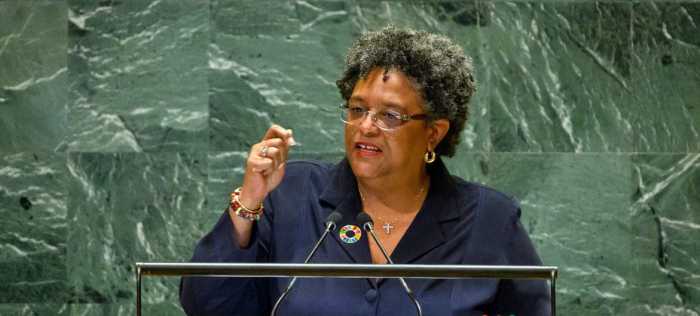Having suffered contractions in the economy for two successive quarters, Barbados is now officially in recession and as this nation struggles to climb out of this economic hole, the outlook for the immediate future does not look good.
This was the kernel of the dismal economic update delivered by Barbados Central Bank Governor, Cleviston Haynes, as he recently reported on the island’s performance for the first half of 2018.
Growth in the economy was reduced by seven percent in the first quarter of the year, then it fell by a cumulative six percent in for the six-month period of January to June, and Haynes warned last week, “the economy remains vulnerable to external oil price shocks and no significant improvement in growth for 2018 is anticipated. The current forecast is for a decline in economic activity of 0.5 percent.”
One of the few areas of positive movement is an increase in the foreign reserves from $423.3 at the end of the first quarter to Bds$443.1 million (Bds$1 = 50 cents US) by June 30.
But that increase came about only because the Mia Mottley administration suspended external debt payments immediately upon assuming government after the May 24 elections.
That almost Bds$19.8 million growth is however equivalent to only 7.2 weeks of import cover, way off the international standard of 12 weeks of international cash protection guaranteeing essential supplies to the nation.
This is the state of affairs of the island’s economy inherited by a new government, which wasted little time in going to the International Monetary Fund for long-term assistance to bail the nation out of severe circumstances.
“Given the medium-term nature of Barbados’ economic adjustment needs, it is likely to qualify for support under the institution’s Extended Fund Facility (EFF), as opposed to a stand-by arrangement (SBA) which is geared for shorter-term engagement,” Haynes said in his report.
“When a country faces inherent structural deficiencies and is able and willing to implement deep and sustained structural reforms, consideration can be given to a programme under an EFF, which typically lasts between 36 and 48 months,” he said of the forthcoming IMF deal, discussions on which have already begun with teams from the fund visiting the island.
This means that Barbados will soon enter an IMF programme expected to last about four years.
According to the Central Bank governor, the government’s approach to the IMF is “for endorsement of its home-grown economic recovery and transformation plan and for balance of payments support to restore the buffer of international reserves to adequate levels.”
In addition to suspending international debt payments while gathering funds to support refinancing arrangements, the government also indicated an intention to restructure payments to local creditors.
Quickly arriving upon a formula for local and international debt payments is seen as crucial to government restoring investor confidence in the island.
Haynes said, “to the extent that the private sector is able to see that we are taking measures to address the challenges that we face, that we are rebuilding our buffers of foreign exchange, then there is the potential for an acceleration in private investment flows.”
Prime Minister and Minister of Finance, Mia Mottley, has introduced strict financial measures in the first tranche of its 2018-2019 budget, while cutting some taxes, reducing and re-arranging others to spread the levy base across a wider proportion of taxpayers and at the same time lightening the burden on individuals.
Haynes said, “these initiatives, combined with further structural reforms, have the potential to restore stability, engender investor confidence, create the framework for durable growth over the medium-term and enhance resilience to economic and environmental shocks.”
Barbados has begun a long hard journey on the road to recovery from almost 10 years of economic malaise, and for the new government the challenge lays in staying the course of an expected four-year plan agreed to with the IMF.
Central Bank Governor Haynes said, “what the IMF will be concerned about, is to make sure that whatever we do is sustainable … not something that we are putting it in place today and tomorrow we are back in the situation from whence we came.”
Certainly, Barbados does not want to go down this road again.


























